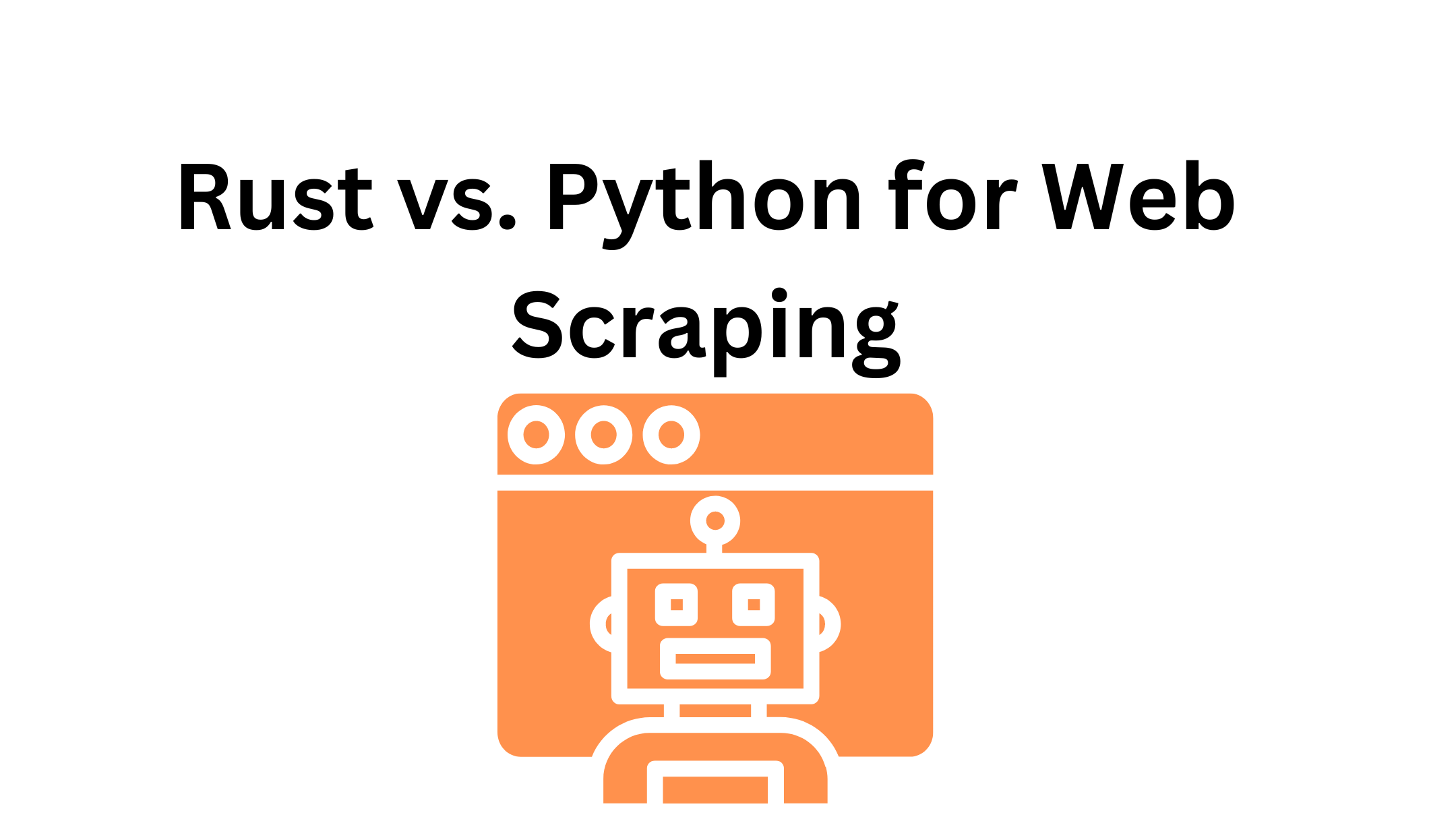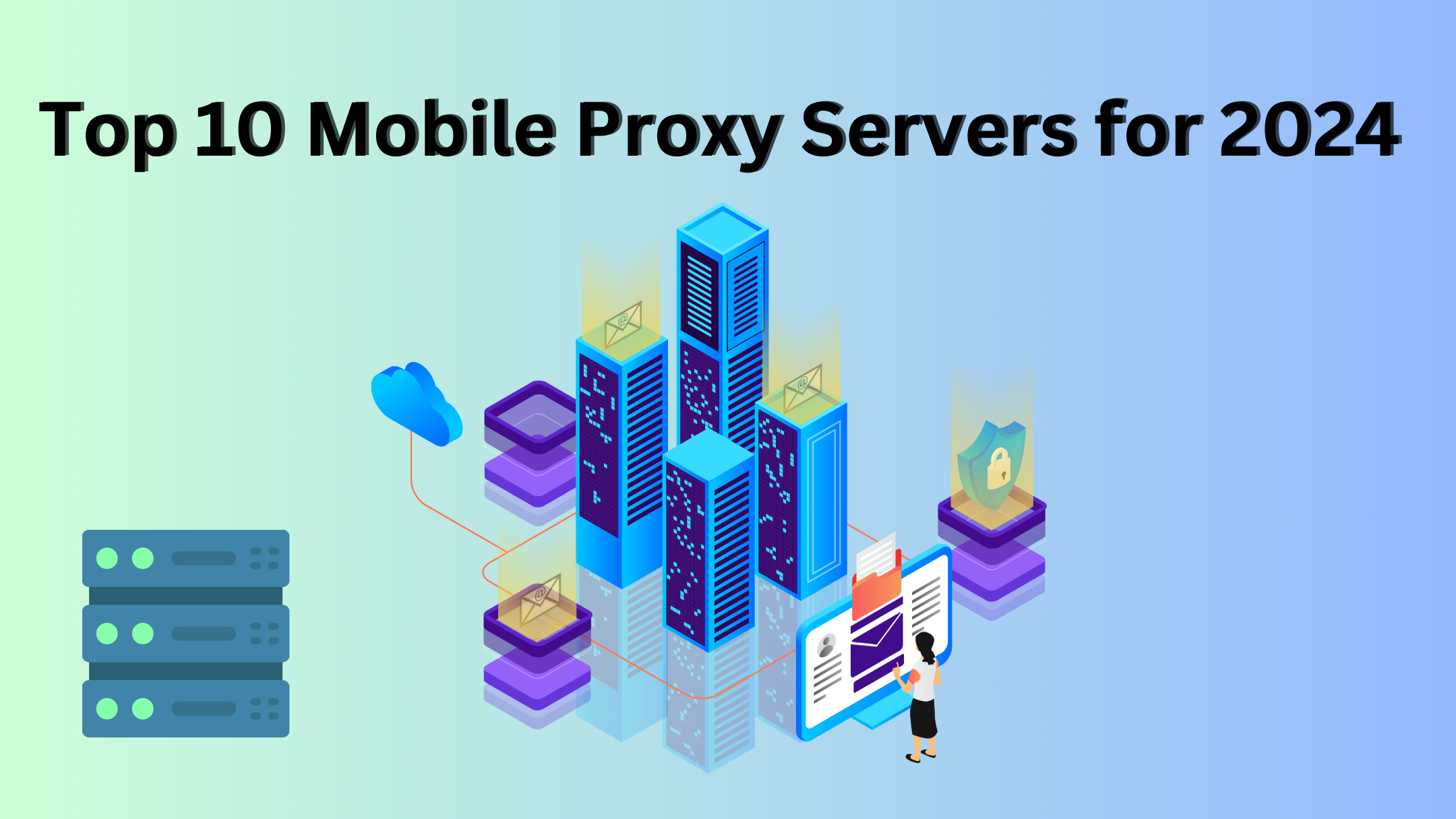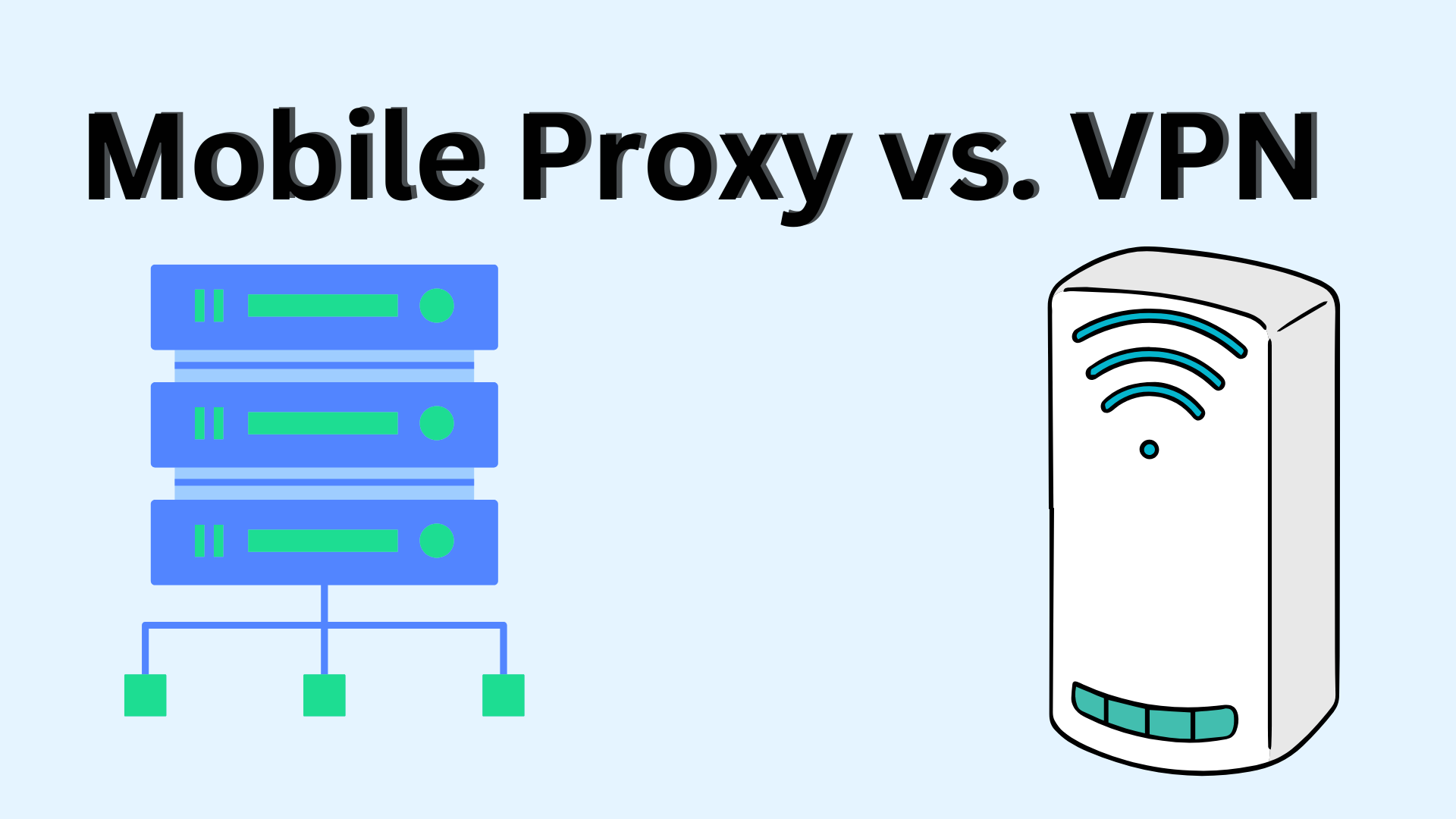Introduction
Web scraping has become an essential tool for businesses and developers alike, allowing them to gather valuable data from the internet. But with so many programming languages available, how do you decide which one is the best for web scraping? In 2024, the debate is between two popular choices: Rust and Python. Both have their strengths and weaknesses, but which one stands out for web scraping tasks? Let’s dive into a detailed comparison to help you make an informed decision.
What is Web Scraping?
Web scraping involves extracting data from websites and transforming it into a usable format. It’s commonly used for data mining, price monitoring, sentiment analysis, and many other purposes. With web scraping, businesses can gain insights, automate data collection, and build large datasets that can fuel their decision-making processes.
Why Programming Language Matters in Web Scraping
Choosing the right programming language for web scraping is crucial. The language you pick affects the speed of data extraction, the availability of libraries and frameworks, and even the ease with which you can build and maintain scraping scripts. A good choice can save time and resources, while a poor one could lead to inefficiencies and potential roadblocks.
Overview of Python for Web Scraping
Python has been a favorite in the web scraping world for years. Known for its readability and simplicity, Python allows developers to quickly write and deploy scraping scripts. It’s no wonder Python remains the go-to language for many beginners and experienced developers alike.
Popular Python Libraries for Web Scraping
Python’s popularity in web scraping is largely due to its powerful libraries:
- BeautifulSoup: A library that makes it easy to scrape information from web pages. It’s known for its simplicity and ease of use.
- Scrapy: An open-source framework for web scraping that offers advanced features for handling large-scale scraping tasks.
- Requests: A simple HTTP library for Python that allows sending HTTP requests and is commonly used in web scraping projects.
Advantages of Using Python for Web Scraping
- Ease of Use and Readability: Python’s syntax is simple and easy to understand, making it accessible for beginners.
- Extensive Libraries and Community Support: Python has a vast range of libraries specifically for web scraping, and a large community means plenty of tutorials, forums, and resources.
- Rapid Development and Prototyping: Python’s simplicity allows developers to write and test scraping scripts quickly, saving time and effort.
Limitations of Python for Web Scraping
- Performance Bottlenecks: Python is an interpreted language, which makes it slower compared to compiled languages like Rust.
- Limitations with Multi-Threading: Python’s Global Interpreter Lock (GIL) can be a hindrance when trying to perform multi-threaded web scraping.
Overview of Rust for Web Scraping
Rust is a newer language that has been gaining popularity for its performance and safety. It’s designed to be fast, memory-efficient, and concurrent—traits that make it an appealing choice for web scraping tasks, especially when dealing with large datasets or requiring high performance.
Advantages of Using Rust for Web Scraping
- High Performance and Speed: Rust is a compiled language known for its speed, often outperforming Python in various benchmarks.
- Memory Safety and Concurrency: Rust’s unique memory management model ensures safety and prevents data races, making it suitable for concurrent tasks.
- Efficient Handling of Large Datasets: Rust’s performance and memory management make it highly efficient when scraping and processing large amounts of data.
Popular Rust Libraries for Web Scraping
- Reqwest: A powerful HTTP client library for Rust that is easy to use for making HTTP requests.
- Selectors: A library that allows CSS selectors for parsing HTML, similar to BeautifulSoup in Python.
- Tokio: An asynchronous runtime for Rust, ideal for handling concurrent tasks and making asynchronous HTTP requests.
Limitations of Rust for Web Scraping
- Steeper Learning Curve: Rust is known for its strict compiler rules, which can make it more challenging to learn and use compared to Python.
- Fewer Libraries Compared to Python: While Rust’s ecosystem is growing, it still lacks the variety of libraries that Python offers for web scraping.
Rust vs. Python: A Performance Comparison
When it comes to performance, Rust clearly outshines Python. Rust’s compiled nature allows it to run faster and use memory more efficiently. For instance, web scraping tasks that involve handling thousands of pages and large amounts of data can see a noticeable difference in speed when using Rust. Python, however, can still be sufficient for smaller-scale projects or when rapid development is more important than raw performance.
Ease of Development: Rust vs. Python
Python is much easier to learn and use, particularly for beginners. Its syntax is straightforward, and its dynamic nature allows for rapid development. Rust, on the other hand, has a more complex syntax and a steeper learning curve. However, Rust’s strict error handling and debugging tools can lead to more reliable and efficient code once mastered.
Community and Ecosystem: Rust vs. Python
Python has a larger community and ecosystem, which means more libraries, tutorials, and tools are available for web scraping. Rust, while growing, still has a smaller community. However, it is rapidly gaining traction due to its performance benefits and modern features.
Conclusion: Which One to Choose in 2024?
If you’re looking for ease of use, rapid development, and extensive community support, Python is still an excellent choice for web scraping in 2024. However, if you need high performance, memory safety, and efficiency for large-scale or highly concurrent scraping tasks, Rust is a compelling alternative. Your choice will depend on your specific use case, the size of your project, and your willingness to tackle Rust’s learning curve.
FAQs
- Is Rust better than Python for beginners in web scraping? Rust has a steeper learning curve, so Python is generally more suitable for beginners.
- Which language is more future-proof for web scraping tasks? Rust offers more future-proofing for high-performance and large-scale scraping tasks due to its safety and concurrency features.
- Can I use both Rust and Python for web scraping projects? Yes, using both can be beneficial. Python for quick prototypes and Rust for optimizing performance-critical components.
- How difficult is it to switch from Python to Rust? Switching can be challenging due to Rust’s strict compiler rules, but it’s manageable with practice and the right resources.
- Are there any other languages better suited for web scraping? Other languages like JavaScript (Node.js) or Go might also be considered, depending on the specific requirements and ecosystem familiarity.





